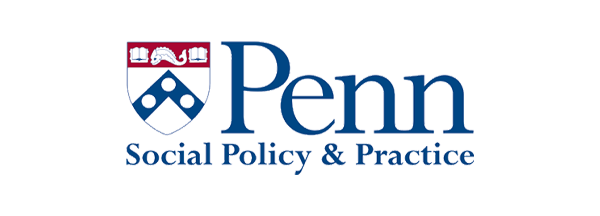
A Study of Gainful Employment for Persons with Mental Illness
When a person with serious mental illness obtains a competitive job, they face a decision regarding whether or not to disclose their mental illness at work. Disclosure is required to obtain reasonable accommodations under the Americans with Disabilities Act, but disclosure may also subject the worker to discrimination, because of the intense stigma that surrounds mental illness. This research project provides the first-ever systematic evidence on the process of disclosing mental illness in the competitive workplace, from a large, geographically-diverse, sample. Participants include:
- 821 workers with serious mental illness, who have been employed in a competitive job post-onset of mental illness.
- 75 employers who have supervised a worker with serious mental illness in a competitive job.
The four-year project, sponsored by the National Institute of Mental Health, aims to increase our understanding of the disclosure process, so that more workers with serious mental illness can achieve the goal of gainful employment.
Study Sponsor:

Partners:


What is gainful employment?
Gainful employment means a competitive job that provides earnings above the threshold that would qualify an individual with serious mental illness for Social Security Disability Income.
Why is it important?
Gainful, competitive employment provides financial security and independence for a person with serious mental illness. It gives the person a sense of purpose and pride, and eases the burden on their family and on disability support systems.